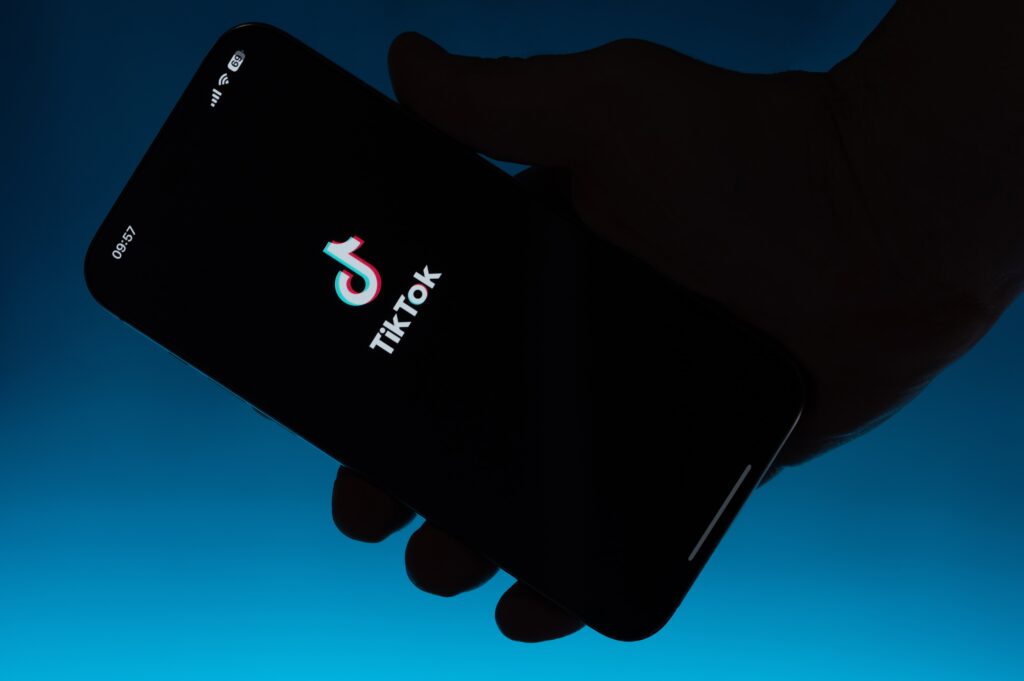A TikTok agreement is moving forward. US President Donald Trump and Chinese leader Xi Jinping are expected to review terms on Friday.
Officials from both governments recently reached a “framework” deal. Reports suggest TikTok’s US operations could be sold to American investors.
If finalised, one analyst called it a “rare breakthrough” in US-China trade relations. It could end a dispute that has dominated headlines for years.
Experts are considering what the deal means for TikTok’s 170 million US users and what Beijing could gain.
Algorithm remains TikTok’s untouchable treasure
Chinese state media called the outcome “win-win”. Trump said, “I’d like to do it for the kids”.
Key details remain uncertain. Reports suggest a US-only TikTok app could launch. Oracle, Andreessen Horowitz, and Silver Lake may acquire the operations.
TikTok’s algorithm drives its global popularity. Competitors like Instagram Reels and YouTube Shorts tried to imitate it but fell short, a former social media executive said.
“Generally, the one who introduces the technology just knows how to do it better,” the source explained.
ByteDance, TikTok’s Chinese parent, refused to sell the algorithm. Beijing stood firmly behind that decision.
In a surprising turn, China’s cybersecurity regulator signalled ByteDance could license the algorithm to a US company. Ownership, however, would remain in Beijing.
This marks a sharp shift from China’s earlier hardline stance.
Still, the US version may run on a stripped-down app, said Kokil Jaidka, computing expert at the National University of Singapore.
Even limited access could reveal how TikTok engages users, moderates content, and targets ads.
“It makes no sense for ByteDance to hand over its most valuable asset when a lighter version keeps TikTok running,” Dr Jaidka said.
These changes may weaken the user experience. Americans could see less diverse content than international users.
“A lighter, slower, more domestic version – while ByteDance keeps the crown jewels in Beijing,” she added.
US Congress could block or delay progress
US Treasury Secretary Scott Bessent, who leads Washington’s team, said TikTok will retain “Chinese characteristics”. Beijing often uses this phrase to underline its approach.
American officials have long raised concerns about TikTok’s data security and influence on young users. These concerns led to a law signed by former president Joe Biden, requiring TikTok to transfer control or face a ban.
Trump later reversed his view, crediting TikTok for boosting youth turnout during his 2024 campaign.
Congress still needs to approve any agreement, and resistance is already visible.
Republican lawmaker John Moolenaar warned that the framework could leave room for Chinese government influence.
“Put simply: the statute requires full separation from ‘foreign adversary’ control,” lawyer Hdeel Abdelhady explained. “A license does not appear to meet that test.”
Deals of this size usually take months or years to finalise. Unanswered questions remain.
How will US TikTok interact with the global version run by ByteDance? Will ByteDance’s board even approve the arrangement?
Even with Beijing’s approval, ByteDance’s private ownership creates further hurdles.
Trump’s unpredictable trade decisions could complicate the process further.
Beijing secures time and leverage
Trump has strong incentives to close a TikTok deal.
The app connects one in seven people globally. It also works as a marketplace linking buyers and sellers across the US, Europe, and Asia.
“This is the only major social media app not created in America, so it’s extremely valuable,” the former executive said.
US users bring in the highest profits. Revenue per American user is five to ten times higher than elsewhere. The US may account for nearly half of ByteDance’s revenue.
Tech outlet The Information estimated ByteDance’s 2024 revenue at $39bn, with TikTok generating $30bn.
What does China gain?
Licensing protects ByteDance’s algorithm and keeps its core in Beijing. That provides an edge if the US develops rival platforms, said computer scientist Ben Leong.
TikTok also stays in the US market. ByteDance keeps its largest stake, branding, and design.
Investor Kevin Xu described the approach as a “TikTok Template”. Other Chinese tech firms could adopt it to expand into the US market.
Industries such as batteries and rare earths could follow the same model.
“This is the formula for companies like BYD or CATL to grow in America,” Xu said.
China can present the deal as a success: exporting technology under its own rules. That strengthens its position in wider trade talks.
Former World Bank director Bert Hofman noted, “The Chinese side called the talks in depth, constructive and candid. That shows they are satisfied. The question is when a full deal will arrive.”
For Beijing, the arrangement secures valuable time. The US is a major export destination, while China relies heavily on American agricultural goods. Tariffs would damage both.
Export restrictions also matter, especially on rare earths where China dominates supply.
The TikTok talks mark clear progress for China. The US may secure an agreement, but not the sweeping win Trump envisioned.
“The deal might work on paper, but it will always sit under a cloud,” Dr Jaidka warned.
“A US TikTok may look the same, but it will run on borrowed code, firewalled data, and fragile political trust.”


